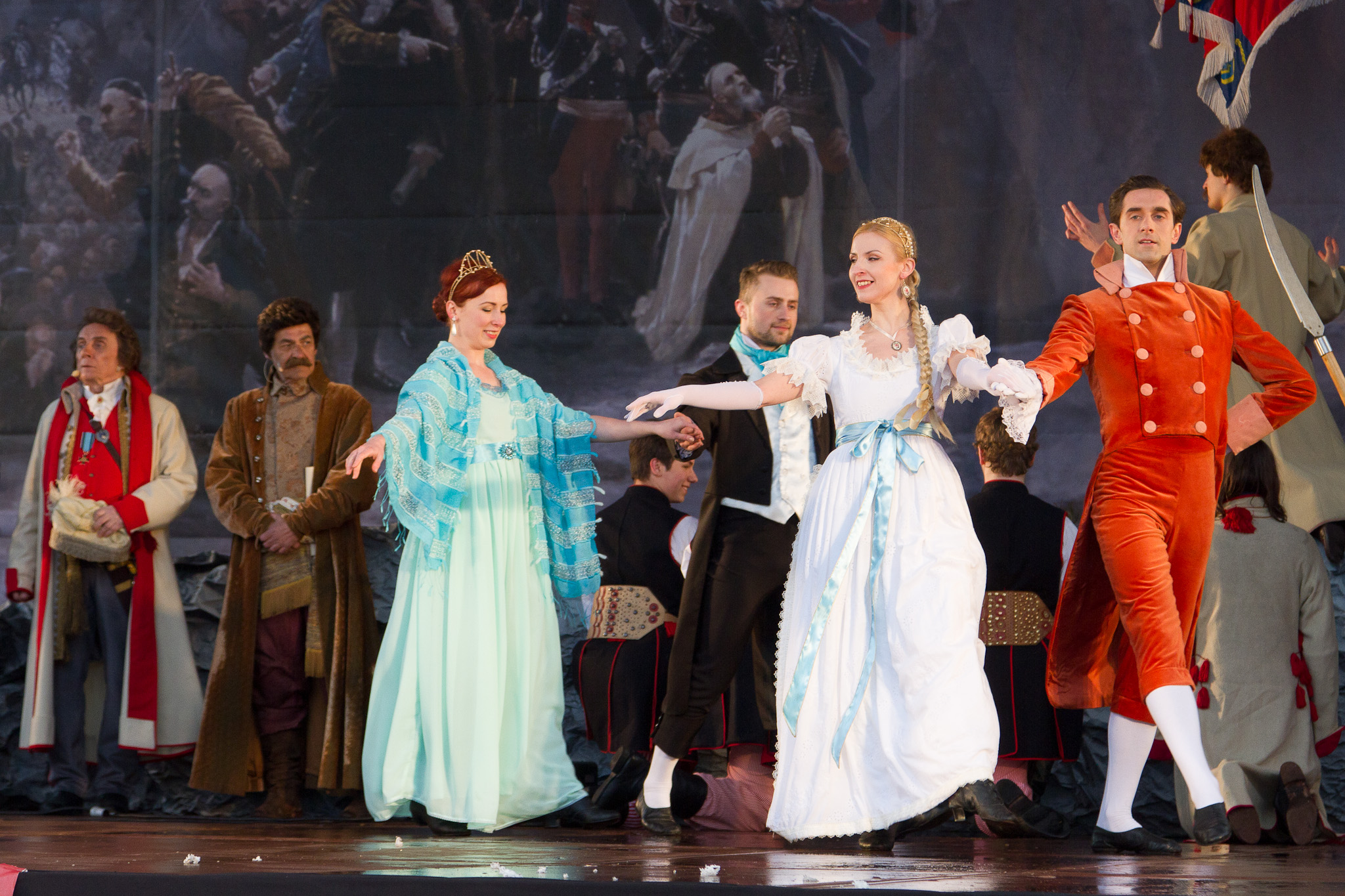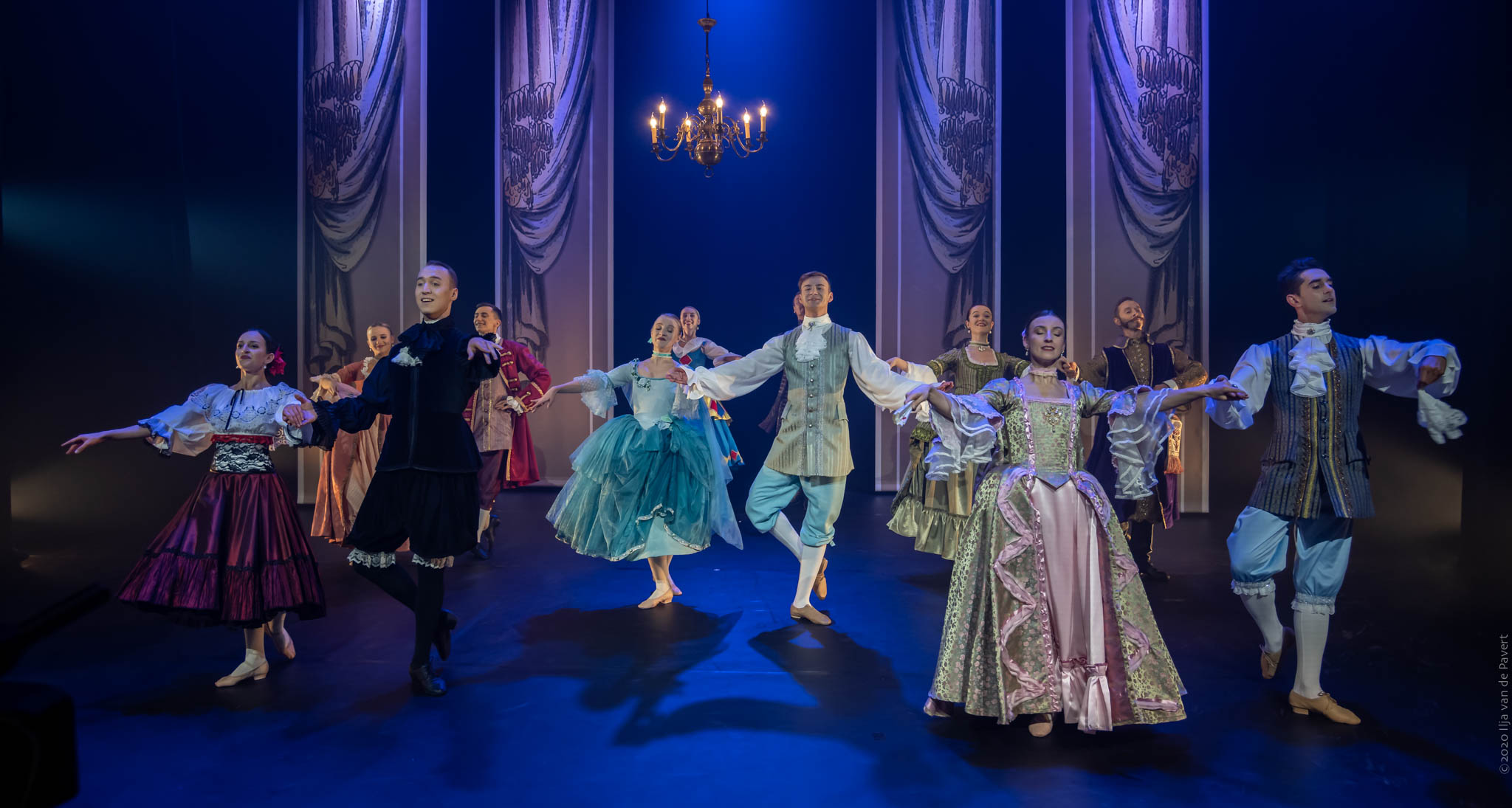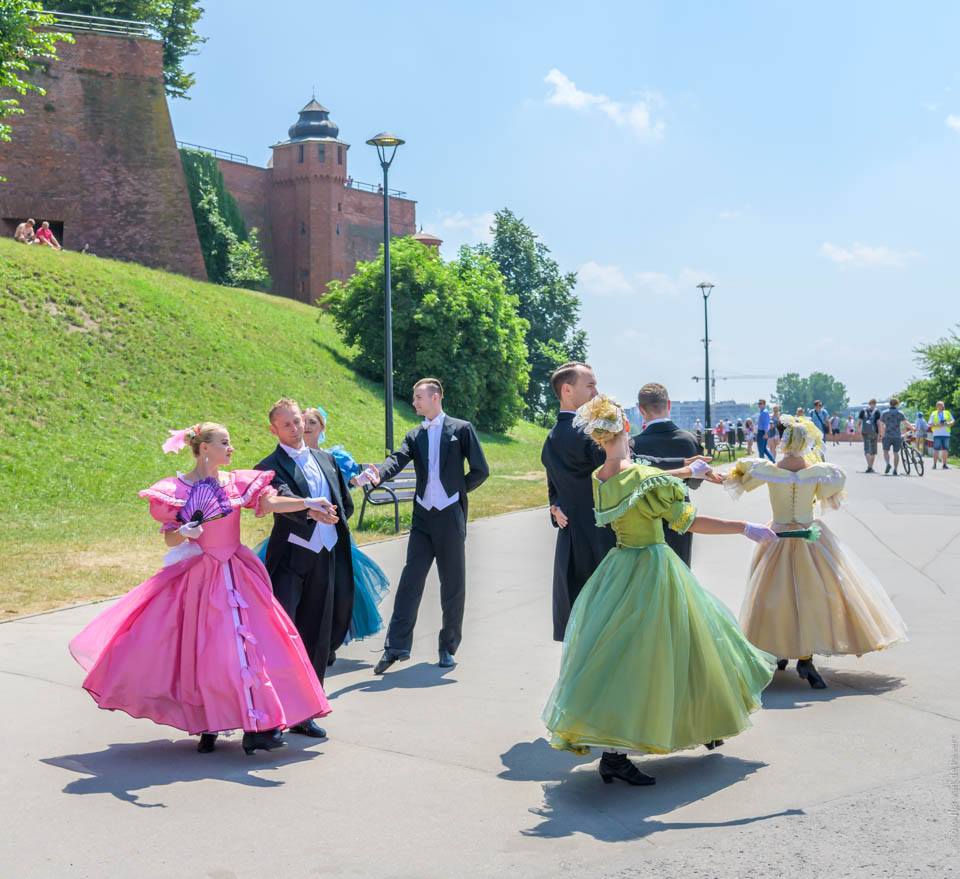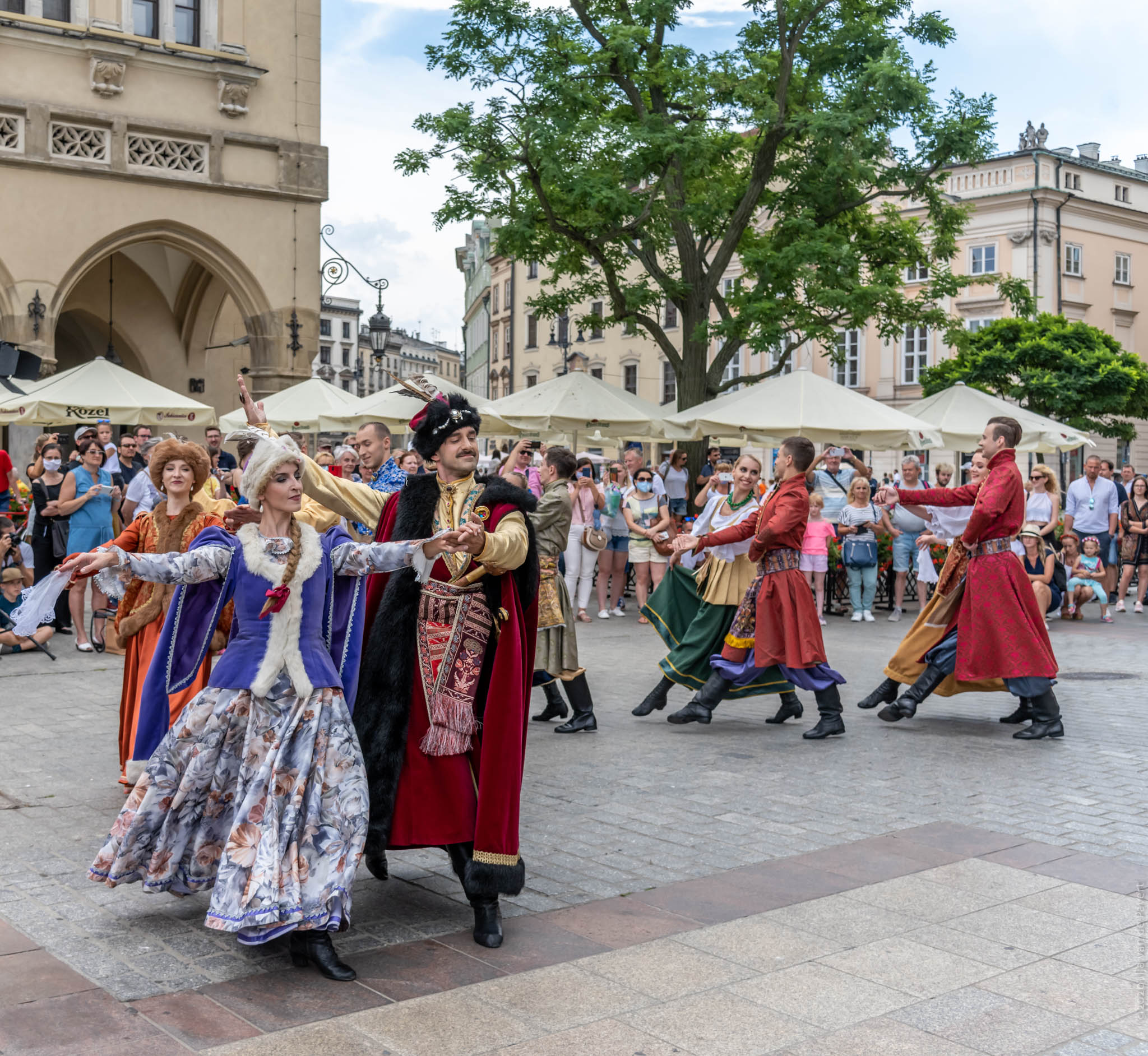Polonaise dance inscribed on UNESCO’s Representative List of the Intangible Cultural Heritage of Humanity
05.12.2023
UNESCO’s Intergovernmental Committee for the Safeguarding of the Intangible Cultural Heritage granted Poland’s request to enter the polonaise on the UNECO Representative List of the Intangible Cultural Heritage of Humanity. The decision was made on 5 December, during the Committee’s 18th session held in Kasane, Botswana.

It is already the sixth Polish entry on the prestigious List established under the 2003 Convention for the Safeguarding of the Intangible Cultural Heritage. The List is maintained to increase awareness of the importance of intangible heritage and to promote dialogue respecting cultural diversity.
Intangible heritage includes, among others, oral traditions, performances and musical traditions, habits, customs, and festive celebrations, knowledge of the world and the universe, as well as skills in traditional crafts. Those phenomena are recreated and passed down from generation to generation, safeguarding the given community’s sense of identity and continuity, and contributing to respecting cultural diversity and human creativity.
The polonaise is one of the oldest Polish national dances, which dates back to the old-Slavic times. It was familiar to all social strata of our country and made a prominent presence during both royal balls and rural weddings to become an icon of our national and cultural identity. The polonaise was also popular in other European countries. It inspired many composers including Fryderyk Chopin, Johann Sebastian Bach, and Georg Friedrich Händel. It is currently the most commonly taught dance at schools and opens numerous celebrations, including popular senior proms.
The whole process was coordinated by the Ministry of Culture and National Heritage and the National Heritage Board of Poland. The Polish delegation at the 18th Committee session was headed by Permanent Representative of Poland to UNESCO Mariusz Lewicki.




